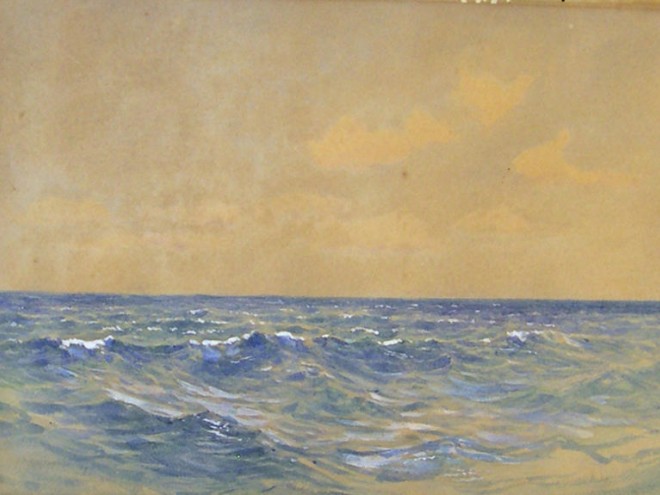Ruth Behar is a cultural anthropologist who has lived in and closely studied unusual spots in rural Spain and Mexico. She has also written extensively about the people of her exotically time-warped birthplace, Cuba. In her 2007 book, An Island Called Home: Returning to Jewish Cuba, she documented via interviews, essays, and photos taken on her multiple visits to the then practically off-limits island, the lives of many Cubans who are connected to Judaism. Behar was taught at university that the work of an anthropologist requires total objectivity. She said that she “sought to acquire the authoritative voice of the anthropologist who relentlessly seeks information and nothing else.” While working on her doctorate, Behar thought that in order to succeed she should suppress her creativity, her style of “writing poetically and describing things with a sense of enchantment.” Later she realized she’d have to “reshape anthropology precisely so it wouldn’t kill my soul.”
In her latest book, Traveling Heavy, the author doesn’t hold back, opening up her heart fully and honestly. The author’s atypical parentage is a result of the union between the Cuban-born children of Ladino speaking Sephardic grandparents and Yiddish speaking Ashkenazi grandparents; in Cuba, marriage between the different classes of a Turco (Turkish/Spanish descent) and a Polaca (Eastern European) caused great conflict for the family. This short memoir is comprised of vignettes of the author’s personal ambitions, failures, and successes. There are descriptive tales relating relationships with her grandparents, parents, aunts, uncles, and cousins and the steadfast support of her husband and son. She delves into secrets she has kept from her mother in order to follow her dreams without being questioned. She describes the deep hurt she felt at her extended family’s vocal rejections of her writings about them. She discusses her fears and the superstitions she uses to keep them at bay.
Though filled with humor and self deprecation, Traveling Heavy points to serious themes. From Behar’s heritage trip to Goworowow, Poland; to a bizarre pilgrimage with total strangers who share the same last name to the formerly Jewish town of Bejar, Spain; to obsessively studied medical details concerning her son’s knee surgery, to continual over-packed overseas journeys, the reader is brought into the author’s whirlwind world. The writing is emotional, nostalgic, thoughtful, heavily spiced with Spanish, and peppered with black and white photographs.
I have tried to be an objective book reviewer, thus far. However, as a Cuban born Jew who wrote about accomplishing my own longed-for journey to the same Caribbean “island my family called home,” I admit to an eager interest in Ruth Behar’s observations. I hungrily absorbed the experiences of her continued quest, but I am sure that an objective reader interested in travel and a writer’s introspection will be drawn in equally by her alluring tales and storytelling style.
Miriam Bradman Abrahams, mom, grandmom, avid reader, sometime writer, born in Havana, raised in Brooklyn, residing in Long Beach on Long Island. Longtime former One Region One Book chair and JBC liaison for Nassau Hadassah, currently presenting Incident at San Miguel with author AJ Sidransky who wrote the historical fiction based on her Cuban Jewish refugee family’s experiences during the revolution. Fluent in Spanish and Hebrew, certified hatha yoga instructor.





